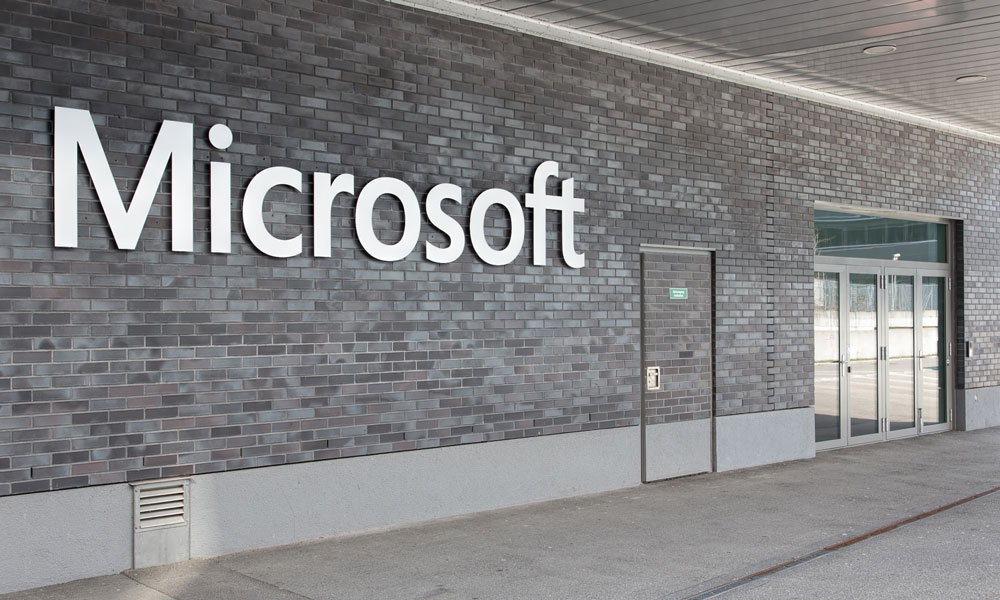
Despite Trade Group Backing, Microsoft Struggles to Fight Warrant in Cloud Case
An appeals court last week gave a chilly reception to arguments by Microsoft that a warrant giving the government access to customer data should not extend to cloud storage facilities located outside the U.S. Trade groups have rallied behind the company, with many warning that the warrant represents a dangerous precedent.
The long list of business and technology groups and privacy advocates rallying behind Microsoft Corporation did not seem to impress a panel of the 2nd Circuit U.S. Court of Appeals last week, as the tech giant faced off against the Department of Justice (DOJ) in a case testing whether a search warrant allows the government to reach data stored in overseas facilities.
Microsoft is asking the appeals court to block a warrant granted by a lower court in a narcotics case. The warrant orders the company to turn over to investigators a customer’s email account stored in a facility in Dublin, Ireland.
The Electronic Communications Privacy Act, which defines the rules around government access to electronic communications, hasn’t been updated in decades. Proposals to amend the law, which predates broad use of the internet, have never made it through a sharply divided Congress. Microsoft and its supporters argue that ECPA as currently drafted doesn’t address the modern realities of global cloud computing.
“Congress never intended to reach, nor even anticipated, private communications stored in a foreign country when it enacted [the law]. This court should let Congress decide how best to bring ECPA into the 21st century,” Microsoft argued in a legal brief, according to a report in The Hill.
“This notion of the government’s that private emails are Microsoft’s business records is very scary,” Joshua Rosenkranz, a lawyer for Microsoft, said in oral arguments last week.
But, as in lower courts, Microsoft struggled to find support among the three appeals court judges presiding over the arguments, according to several news accounts of the proceedings. But at least one judge agreed with the company that Congress would likely have to step in to fix the issue.
“I do think the one thing that probably everyone agrees on is that, as so often, it would be helpful if Congress would engage in that kind of nuanced regulation, and we’ll all be holding our breaths for when they do,” U.S. Appellate Judge Gerard Lynch said, according to The Hill.
Industry Support
Last December, groups such as the National Association of Manufacturers, the U.S. Chamber of Commerce, the American Civil Liberties Union, and BSA: The Software Alliance filed amicus briefs supporting Microsoft’s efforts to block the warrant.
A brief by the Application Developers Alliance, the Computer & Communications Industry Association, the i2Coalition, AT&T, and the cloud computing company Rackspace suggested that DOJ could be setting a dangerous example for foreign governments, which might “respond in kind” in future cases.
“[T]hey could, for example, order a foreign Microsoft subsidiary to obtain and disclose to foreign authorities any private customer information in the United States that the foreign subsidiary is technically able to access from abroad, applying only foreign legal standards to the question,” the letter stated [PDF].
In comments to The Guardian, Lee Tien, senior staff attorney at the Electronic Frontier Foundation, agreed.
“Maybe your data goes to a country where they’re not as protective of data as the United States and they decide they don’t even need a warrant,” Tien said.
It’s unknown when the appeals court might issue a ruling in the case.
(iStock Editorial/Thinkstock)






Comments